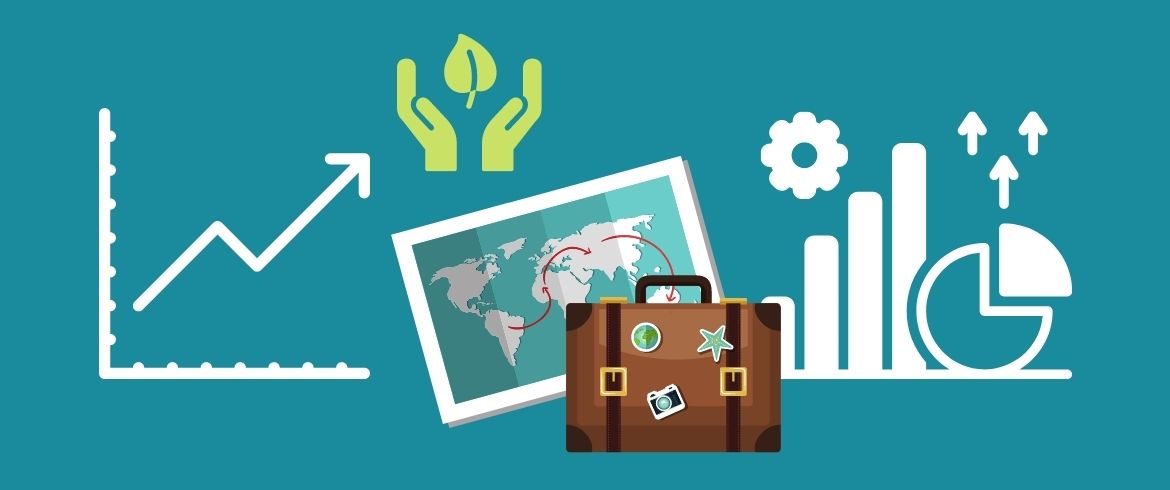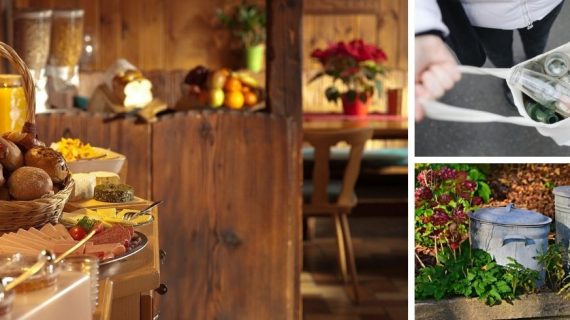The traveling industry was cruelly hit by the recent coronavirus pandemic, however, there are no reasons to believe that there will be no traveling in the future. Surely, there will be a certain decline, however, there are great hopes that our journeys will be more conscious, safe, and sustainable. Big data is key to achieving this goal, and here is why.
Analyzing User Preferences
When it comes to big data in marketing (and even sustainable travel solutions have their marketing part), the analysis of user preferences by taking their behavior, search queries, and visited websites into account, are the real gold mine for marketers. When it comes to suitable traveling, we have to be wiser with the data we get and use it to develop such an offer that will fit the user preferences and be eco-friendly at the same time. The upselling strategy is not the case when it comes to sustainability.
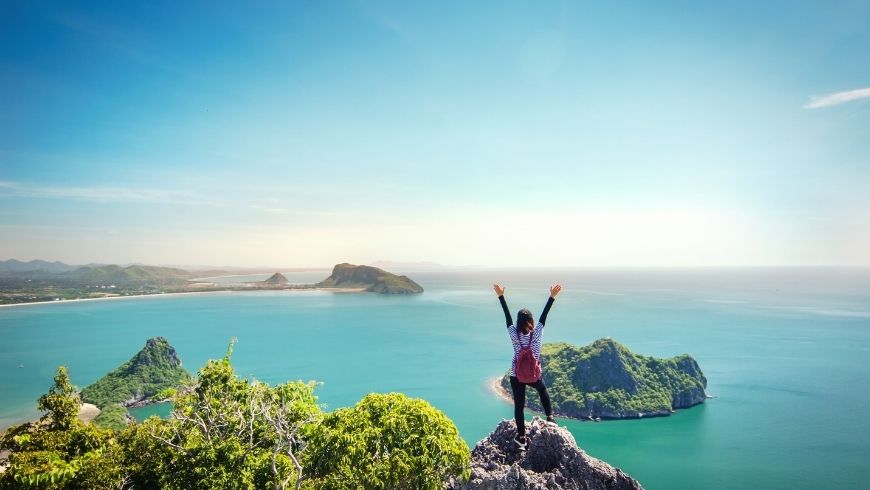
Using Big Data for Health Safety
Recently, the tourism industry faced a completely new challenge – the issues of health safety because of the coronavirus pandemic. However, big data may be helpful in this case as well. For example, after analyzing user preferences and demand, airlines will be able to revise their schedule, to firstly, satisfy the demand (that will be lower during the next years) and reduce their emissions. Also, if the demand is high but there is still a need to have a middle seat free, with the help of AI-powered data analysis they will be able to find the balance between health safety, real demand, and carbon footprint reduction.

Achieving Zero Waste
Hotels and restaurants are responsible for a third of all food waste in the world. Is it worth counting how many starving people could be fed with that much food? Fortunately, big data and artificial intelligence can help solve this problem. For example, restaurants and hotels right now may start using smart solutions created by the highest-end software development company that can:
- predict the amount of food needed to feed all guests
- highlight the most and least popular dishes to make your purchasing strategy more rational
- analyze the kinds of wasted food and the frequency of throwing it away (for example, determine some specific occasions and patterns) in order to make appropriate changes in the strategy as well.

Balancing Tourists Destinations and Promoting Local Tourism
Don’t get us wrong – trips abroad are always fascinating, however, local tourism is always a decision in favor of ecology. What’s more, a lot of countries have really a lot to offer their residents but they are unwilling to discover these opportunities. The right marketing strategy based on big data on the main attractions and customer preferences in combination with eco-friendly offers will help to attract the attention of the conscious travellers for whom ecology preservation is more important than taking photos in the most popular tourist destinations.
Also, there are a lot of undiscovered places in popular countries, and data-driven marketing will help to attract tourists there. And this approach, by the way, will help with the issue of coronavirus safety as well, since the most popular attractions and cities will get a chance to become less crowded.
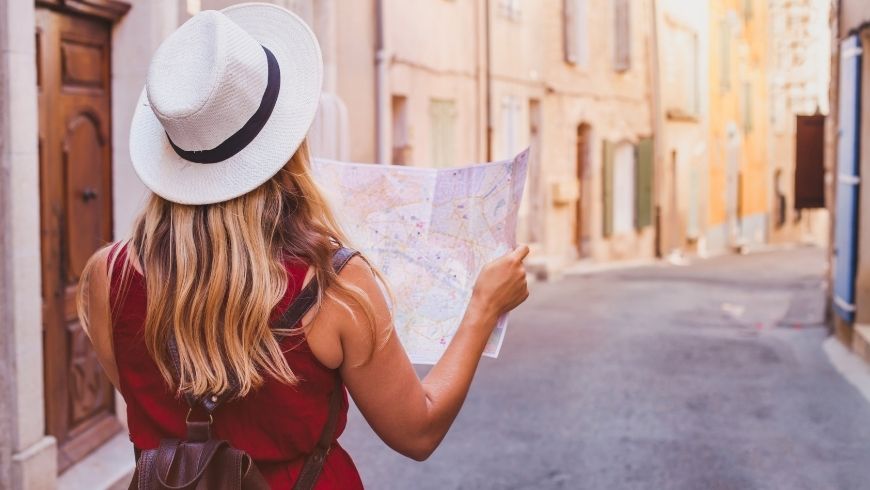
Developing Sustainable Tourism Infrastructure
Amsterdam was one of the first cities in the world who took on the path of sustainable tourism infrastructure by offering bike riding for a very affordable price. Now, this idea is realized in almost all of the popular cities globally, however, using big data, we may achieve better sustainability in transportation infrastructure for tourists.
For example, after analyzing user preferences (see the #1 paragraph), it makes sense to opt for electric car rental, creating affordable campings, and come up with other initiatives that will help reduce the harmful footprint.
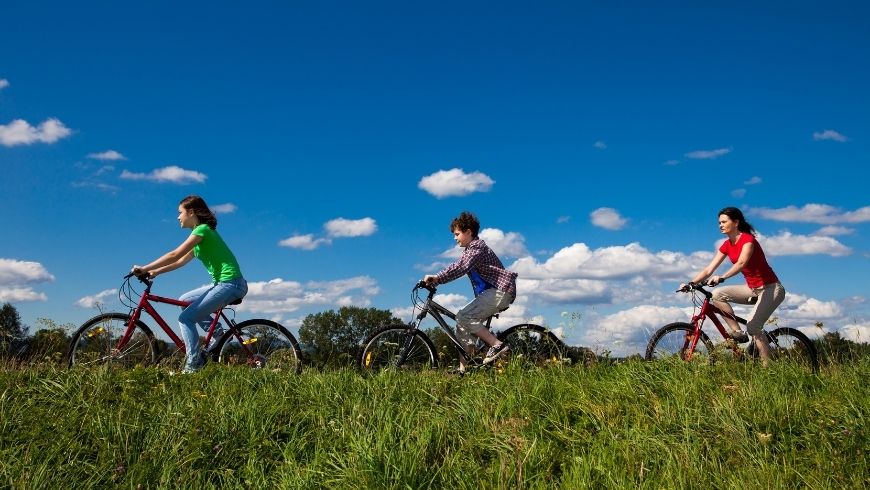
Conclusion
Surely, there can be more big data applications in the field of sustainable tourism. And there are great hopes that very soon we will see a lot of sustainable travel solutions since they, firstly, are able to meet the health safety requirements, and secondly, correspond to the mood of modern tourists who strive for ecology preservation.
